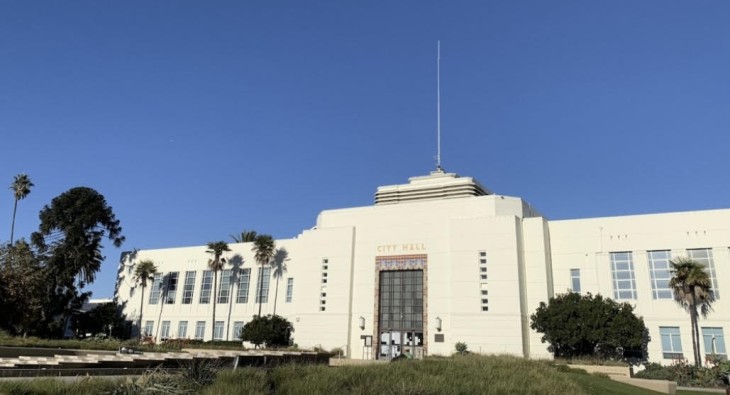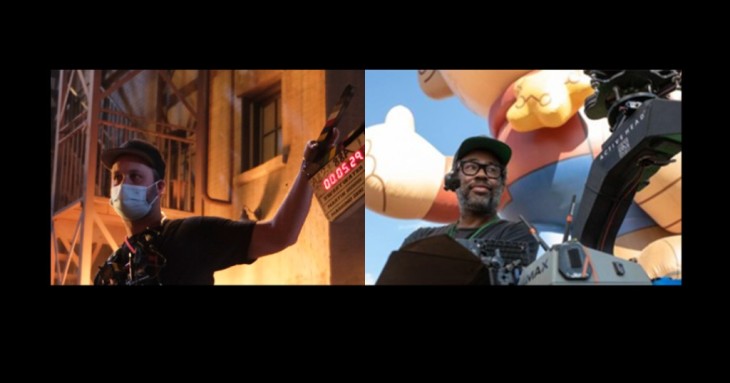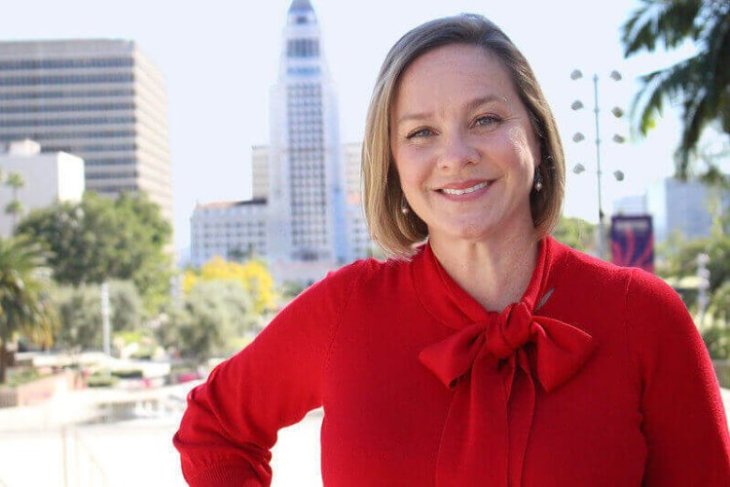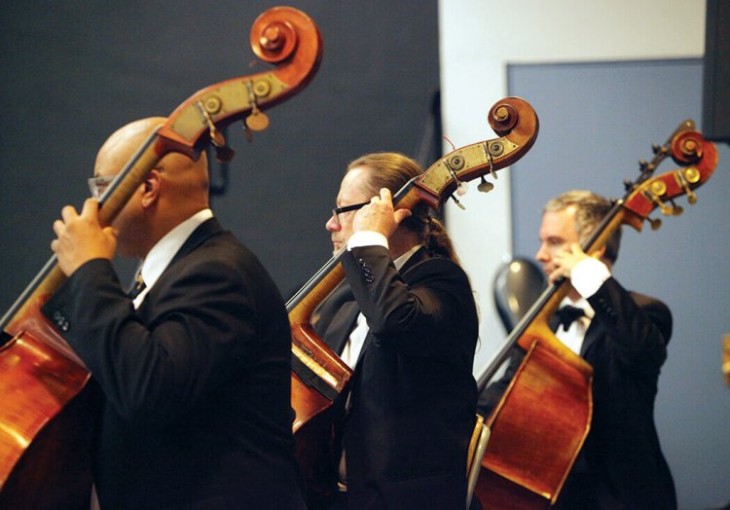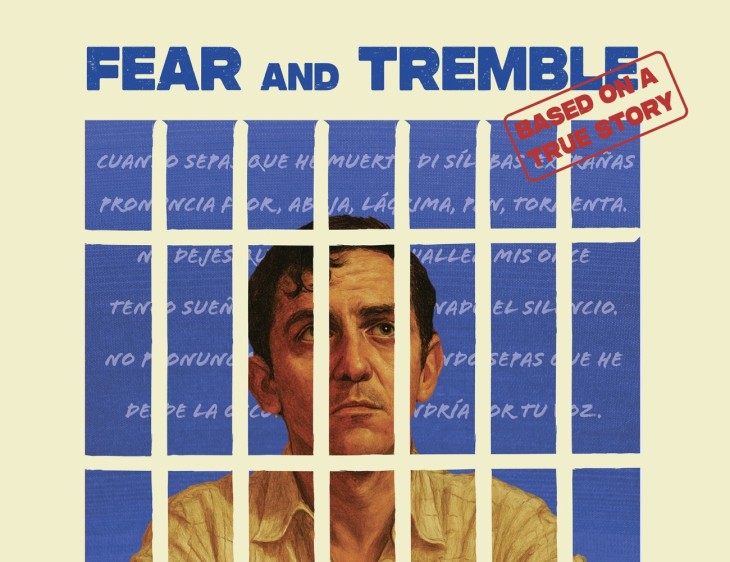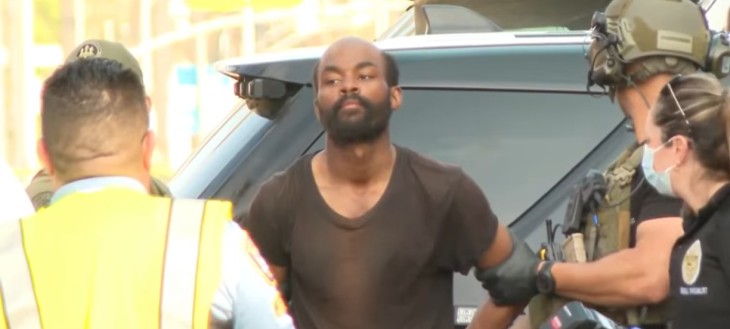In my youth, I marched and attended rallies a few times to protest something. My attitude often was, “I don’t know that my being there makes a difference in the big picture, but it makes a difference to me.” Later in life I participated in the AIDS Walk here in L.A. at the urging of my cousin who is a school teacher in East L.A. and wanted me to join her group of marching students so that they would see one more adult reinforcing the cause and the effort to someday find a cure.
So I think demonstrations, rallies, marches… all matter. But there can be not so much misinterpretation as over-interpretation of personal actions by those who are high-profile. A classic example might be actor Jane Fonda’s anti-Vietnam war actions, which somehow came to mean that she was not as concerned about the safety of our troops or our country as she was about “the Commies.” In fact, “Hanoi Jane” was concerned about the safety of our troops as they struggled in a war that appeared to have no exit strategy.
And just like 49’ers football quarterback Colin Kaepernick now, Fonda took some serious hits for her personal actions albeit back in the day. It would be interesting to see what the blowback would be if Fonda were doing all the same things now in our era of social media and instantaneous input from the public. If you thought the female remake of “Ghostbusters” got slammed, imagine the Fonda comments emanating from the keypads of “trolls” today.
Kaepernick has stated that he will continue kneeling and not standing for the playing of the national anthem at NFL games as a means of bringing attention to the crisis of black Americans dying at the hands of police and racial injustice, presumably including innocent verdicts for police officers in trial after trial of police accused of brutality against blacks. He’s been specific about what his intentions are and what his actions mean to him.
But because standing for the national anthem carries so much freight in what it means, I believe Kaepernick is being over-interpreted. He hasn’t decided, for example, not to play football and sink his team’s chances this season for the sake of his personal convictions. He hasn’t, in fact, let down his team or its fans or the NFL with whom he has a contract to perform. He hasn’t said he is at war with America. The dude just wants to be heard.
Professional athletes are, to some extent, chattel: They are bought and traded like cars based on their performance and give-up a great deal of personal expression in the process. No less a figure than President Obama has defended Kaepernick’s right to express himself, saying “As a general matter, when it comes to the flag and the national anthem and the meaning that holds for our men and women in uniform and those who fought for us, that is a tough thing for them to get past and then hear what his deeper concerns are. But I don’t doubt his sincerity based on what I’ve heard.”
At all times in America, whether we are engaged in wars overseas or wrestling with injustice at home, there’s a general sense that pro football should always continue as scheduled. Half time shows and fly-overs are often dedicated to “our troops,” and there is little if any outcry when the huge audiences football gathers on TV are required to ingest what is essentially a commercial for our current military actions in other lands. Yet individual players are never consulted on these messages, never asked if it’s okay to ‘plug’ an oil war during their work.
In this way, Kaepernick’s actions are at least as much about individual rights of expression for football players as they would be if the players were concerned about later life health complications resulting from the concussions they receive as part of their job. In both cases, the NFL has been reticent to recognize that their human ‘property’ can have something to say about what they do and what is done to them.
Football Commissioner Roger Goodell, who has never met a dollar he didn’t like, has said he recognizes Kaepernick’s right to protest but went on to protect the image of the money printing machine he presides over: “I support our players when they want to see change in society, and we don’t live in a perfect society. On the other hand, we believe very strongly in patriotism in the NFL. I personally believe very strongly in that.”
It’s worth noting that football players can get arrested and gamble on dog fights and behave in all kinds of other ways yet when one of them decides to essentially sit-out the playing of the national anthem, it’s that action that seems to hit a deep note with the fans and the public. I would argue that what we are witnessing – during an election season with so much frothing at the mouth that we appear to need a national Zamboni-type saliva vacuum cleaner to work our streets and news channels – is the emergence of voice from professional athletes. If they are going to literally bang their brains out for our entertainment on weekends, then the least we can do is give them respect having an opinion on something besides last week’s game.





